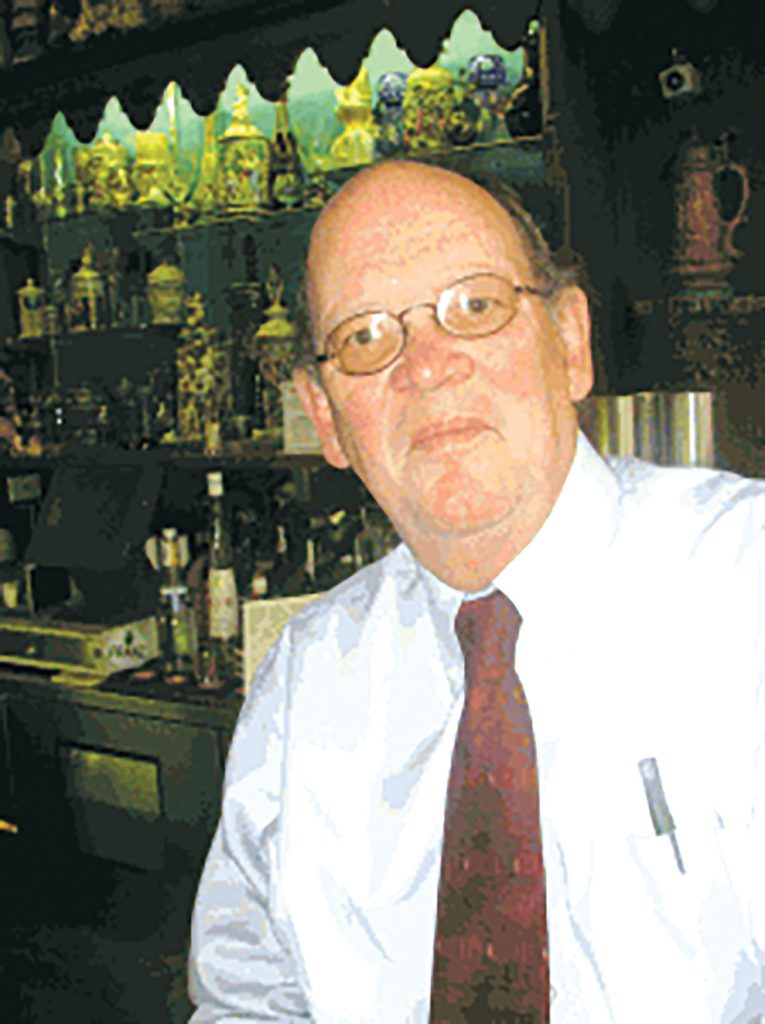Opinion
By Kimberley Lee
The death of Peter Robbins resonated with me. He was tapped to be the first voice of Charlie Brown as a child actor in the early 1960s when Charles Schultz began to adapt his popular “Peanuts” cartoon strip for TV and movies.
I grew up with these shows, and so did my children, but it was not just nostalgia that made me take notice of Robbins’s death. His family announced on Jan. 25 that the 65-year-old Robbins had died the week before by suicide. He had long struggled with both mental-health and substance-use disorders.
MHA, the Mental Health Assoc., is the organization I work for, whose behavioral-health outreach clinic and residential programs have long offered support and treatment to individuals with such dual diagnoses. It was especially disheartening to read how the life of Robbins, associated through the 1970s with a character that brought much entertainment to the screen, ended.
The cartoon strip itself was sometimes subtitled “Good ol’ Charlie Brown,” and the world Schultz created was a self-contained one about childhood. Its ups, downs, and misplaced crushes were depicted by characters who were very animated, even in print. No adults are featured, but the characters struggle with plenty of personal issues that often follow into adulthood. Some, like Lucy, can be bossy; some are a bit vain, like curly-haired Freida; and some are self-absorbed, like Schroeder on his piano. Everyone is just trying to fit in or fit into who they are, including Snoopy, Charlie Brown’s beagle, who often retreats into his own world on top of his doghouse or into his imagination, where he fights the Red Baron as the Flying Ace. There is also Pig-Pen, who tells Sally, Charlie Brown’s younger sister, he doesn’t appreciate that name he has been tagged with because of his appearance, but neither does he like the rain to wash away that appearance from a day of playing in the dirt.
They are a complicated bunch, defying stereotypes in their own ways of being and thinking and friendships across neighborhoods and interests.
Schultz, who died in 2000, wondered if his characters would resonate through time, and they do, as Charlie Brown embodies a little bit of all of us emotionally as he navigates this world of personalities. And, of course, should he need advice, there is Lucy, who sets up a Psychiatric Help booth, where she gives her version of professional help for five cents. It is a world in which the timeless troubles and alienations of childhood are on display, but also one in which the characters cope and carry on with their pursuits and come together.
I grew up with all the animated specials, including A Charlie Brown Christmas, It’s the Great Pumpkin, Charlie Brown, and A Charlie Brown Thanksgiving, and, again, so did my children. Each time these classic movies aired, those 30 minutes provided an opportunity for us to be together as a family, to make a connection, to embrace each other emotionally.
In our house, emotional connectedness happens in other ways as well. For example, once a week, my husband and I pull our girls together (now that they are in college, this is done remotely), we all unplug, and we just simply and sincerely ask them, “how are you?” And not just physically, but emotionally. Their answers have been honest and transparent and emotional at times.
It gave them, at an early age, a green light to talk openly about how they feel from a mental-health perspective, and there was no stigma, no shame, no hesitancy in doing this.
We all know that challenges to mental health start young, and the sooner we address them, the better the outcome.
Kimberley Lee is vice president of Resource Development & Branding for the Mental Health Assoc.








